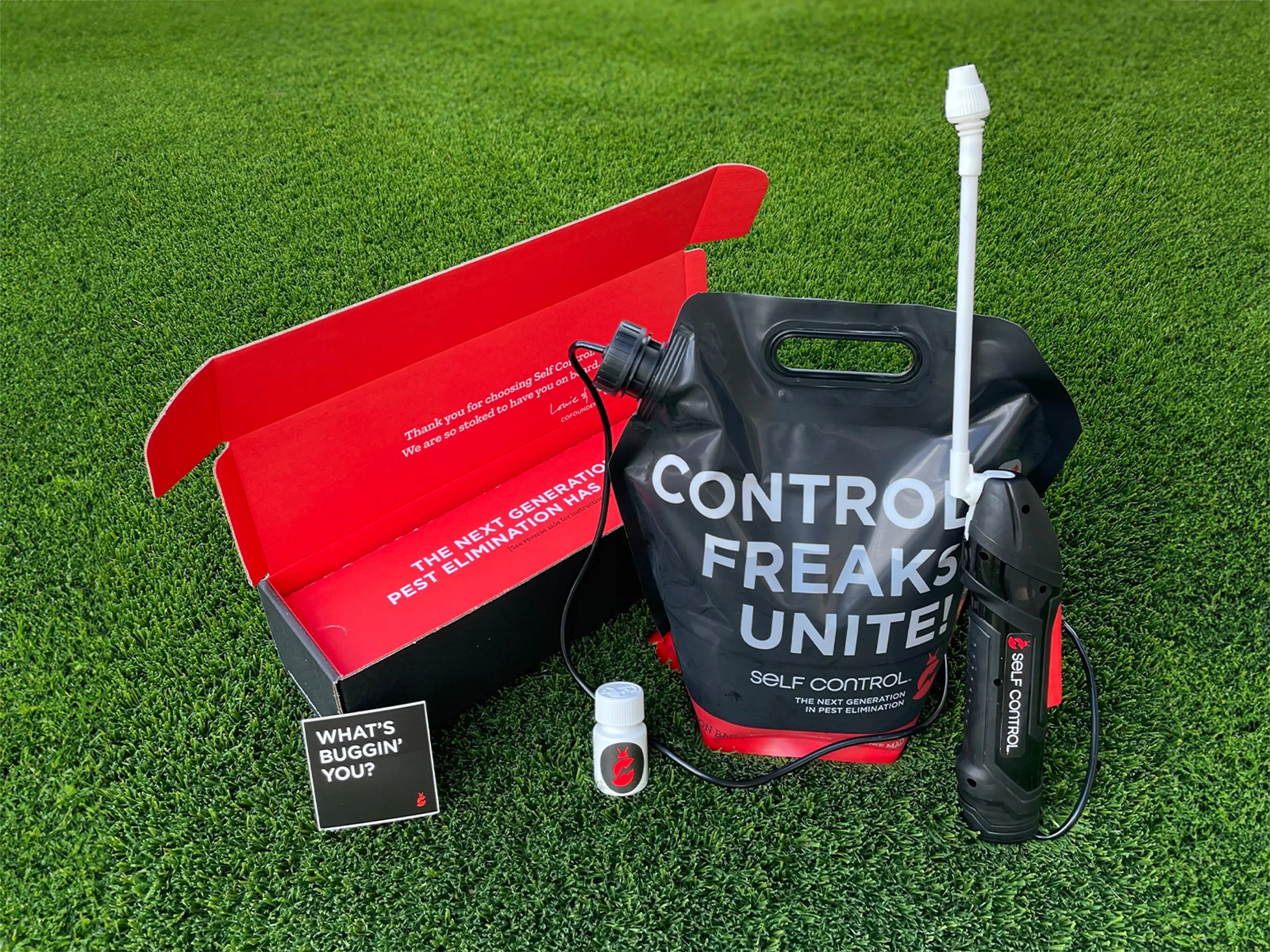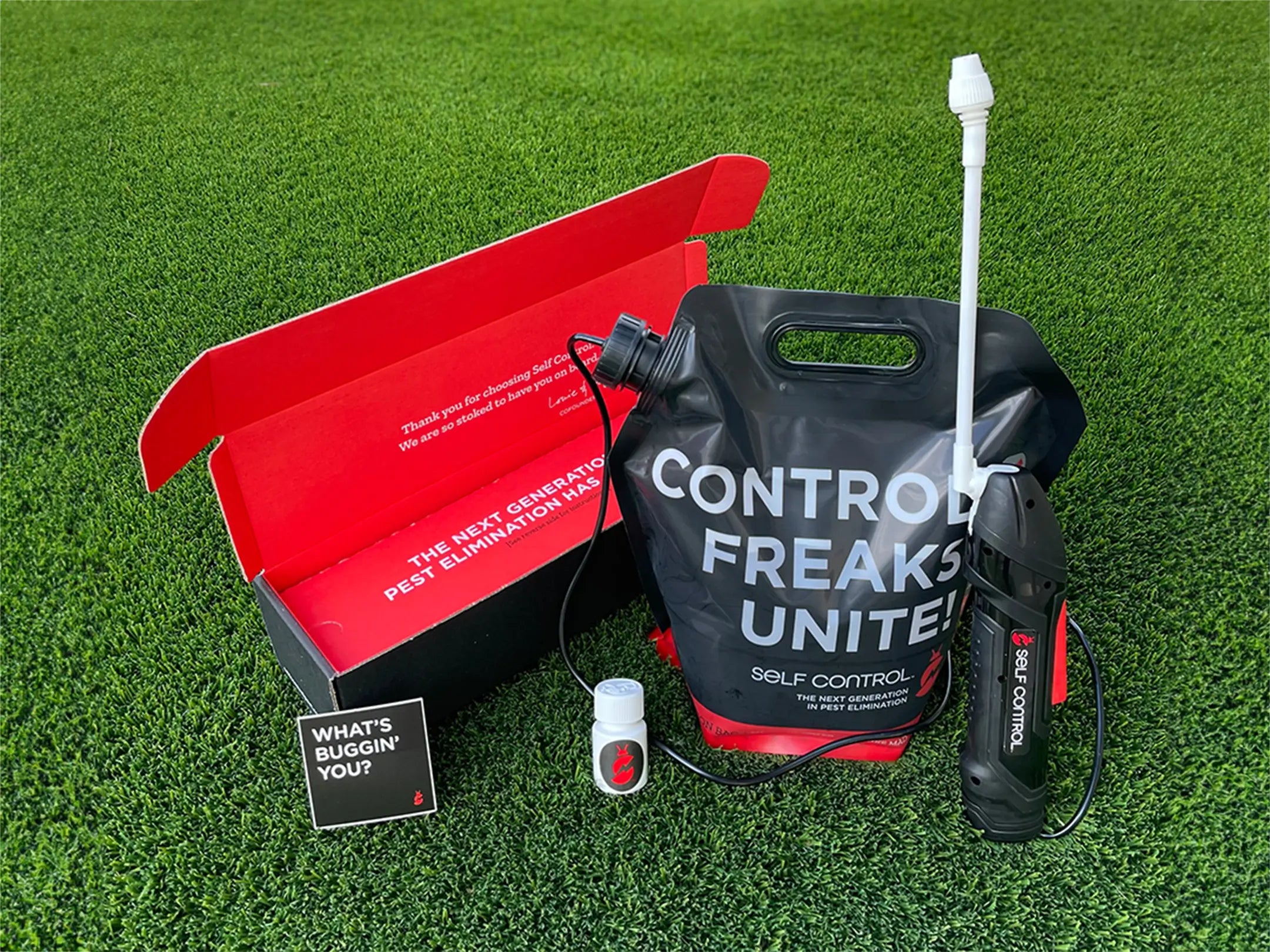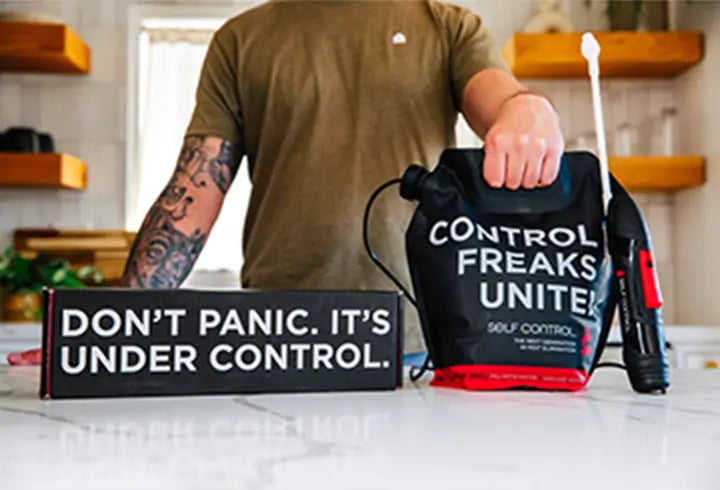
In the world of natural pest control solutions, peppermint oil has been touted as an effective deterrent against a variety of household pests, especially insects. Many homeowners prefer using natural remedies like peppermint oil as a bug repellent because they offer a safer alternative to chemical pesticides, particularly in homes with children and pets. But the question remains: Does peppermint oil really work as a bug repellent? Let's dive into the science, understand how it should be used, and examine its effectiveness against common pests.
The Science Behind Peppermint Oil as a Bug Repellent
Peppermint oil is derived from the peppermint plant, Mentha piperita, a hybrid mint that is a cross between watermint and spearmint. Historically used for its medicinal properties, peppermint oil also contains compounds that are unappealing to insects. The main component, menthol, is particularly potent and is believed to be the primary reason for the oil’s repellent properties.
On a chemical level, peppermint oil acts as a natural neurotoxin to many insects, overwhelming their senses and creating a hostile environment for them. It is particularly offensive to a variety of pests, including ants, spiders, mosquitoes, and even some rodents.
Effectiveness Against Different Types of Pests
- Ants and Spiders: Peppermint oil is most commonly applied as a barrier treatment against ants and spiders. These creatures detest the strong scent of menthol, which disrupts their pheromone trails and deters them from entering an area. By applying diluted peppermint oil around windows, doorways, and other entry points, you can effectively keep these pests at bay.
- Mosquitoes: Studies have suggested that peppermint oil may repel some species of mosquitoes for short periods. However, it is not as long-lasting or universally effective as DEET or other commercially available repellents. For those looking for a natural solution, reapplication every two hours may be necessary.
- Rodents: While not an insect, rodents’ aversion to peppermint oil is worth noting. Mice, in particular, find the strong aroma overwhelming. Small cotton balls dipped in peppermint oil placed at potential entry points can be an effective deterrent.
Application Methods for Peppermint Oil
To use peppermint oil effectively as a bug repellent, it must be correctly diluted and applied. Here are some methods:
- Spray Solution: Mix a few drops of peppermint oil with water and a small amount of white vinegar or alcohol, which helps disperse the oil evenly. Use this mixture in a spray bottle to treat entry points and areas where insects are frequently seen.
- Cotton Balls: Place cotton balls with a few drops of peppermint oil in drawers, cupboards, and other areas where pests are a problem. This method is particularly good for combating spiders and rodents.
- Garden Application: Diluted peppermint oil can be sprayed directly on plants to combat pests like aphids and caterpillars. However, it’s important to test the oil on a small part of the plant first to ensure it does not cause damage.
Limitations of Peppermint Oil
- Specificity and Potency: Peppermint oil primarily impacts certain types of insects and rodents, such as ants, spiders, and mice. However, its efficacy can vary greatly depending on the species. For example, it may deter some ants and spiders but is less effective against cockroaches and bed bugs. The potency also depends on the concentration of the oil and the method of application, which can lead to inconsistent results.
- Volatility: Essential oils like peppermint are volatile organic compounds, which means they evaporate quickly, especially in warm conditions. This rapid evaporation reduces their longevity as repellents, necessitating frequent reapplications to maintain effectiveness.
- Coverage and Reach: Peppermint oil is best applied directly to surfaces where pests are known to travel or congregate. However, its reach is limited to these application areas. It does not penetrate into the deeper recesses where pests like termites, carpenter ants, and other wood-boring insects might dwell.
Why DIY Pest Control Subscriptions Are a Superior Alternative
Given the limitations of natural solutions like peppermint oil, homeowners seeking more thorough and less labor-intensive options might consider DIY pest control subscriptions. These subscriptions provide several key advantages:
- Comprehensive Efficacy: DIY pest control subscriptions typically offer a range of products that are scientifically formulated to address a broad spectrum of pests. This includes not only insects but also arachnids, rodents, and even specific problem pests like fleas and ticks. These formulations are often based on the same active ingredients used by professional exterminators, ensuring their effectiveness.
- Safety for Pets and Children: Modern pest control substances included in DIY kits are developed with safety in mind. Many are non-toxic and eco-friendly, posing minimal risk to pets and children when used according to directions. This makes them an ideal choice for families concerned about the health and safety of their household.
- Cost-Effectiveness: Comparing the costs, DIY pest control subscriptions are significantly cheaper than hiring a professional pest control service. Professional services often involve contracts, ongoing fees, and charges for each visit, which can quickly add up. DIY kits, on the other hand, are designed for easy self-application, reducing labor costs and providing all the necessary tools and chemicals at a fraction of the price.
- Convenience: Subscriptions are delivered directly to your door on a regular schedule, ensuring you always have the right products on hand when you need them. This is particularly useful for ongoing pest management, as it eliminates the need to remember to buy products each season.
How DIY Pest Control Spray Solutions Bridge the Gap
DIY pest control spray solutions provided in these subscriptions are specifically designed for easy application. These sprays often come with detailed instructions to ensure effective coverage and safe use around the home. Many sprays have adjustable settings to handle different pests and infestations, allowing for targeted treatments as well as preventative measures.
When you’re researching DIY pest control solutions, Self Control Pest emerges as a standout solution in the DIY pest control market. Self Control Pest distinguishes itself as an exceptionally effective, convenient, and cost-efficient option for homeowners seeking a reliable alternative to traditional and natural pest control methods, such as peppermint oil.
What is Self Control Pest?
Self Control Pest is a DIY pest control subscription service designed to provide homeowners with professional-grade pest control products delivered directly to their doorstep. The service offers a comprehensive approach to pest management, catering to a wide range of pest control needs, from common household insects to more stubborn pests.
Why Self Control Pest Stands Out
Comprehensive Pest Solutions
Unlike single-solution approaches like peppermint oil, Self Control Pest provides a variety of targeted solutions tailored to address a broad spectrum of pests including ants, spiders, roaches, mosquitoes, and rodents. Each product in the subscription kit is selected based on its effectiveness and safety, ensuring that it can handle different types of infestations and prevent future occurrences.
Safety and Environmental Concerns
One of the primary advantages of Self Control Pest over natural remedies like peppermint oil is its commitment to safety and environmental responsibility. The products are not only effective but also formulated to be safe around children and pets when used as directed. This makes Self Control Pest an ideal choice for households looking for effective pest control without risking the health and safety of their loved ones.
Cost-Effectiveness
Self Control Pest provides a significant cost advantage over both natural DIY methods and professional pest control services. By subscribing to Self Control Pest, homeowners save on the cost of buying individual products and avoid the high fees associated with professional exterminators. The subscription model also eliminates the need for frequent purchases, as all necessary items are sent automatically according to a schedule that fits the user’s needs.
Ease of Use and Convenience
The subscription service takes the guesswork out of pest control. Customers receive everything they need to manage pests in their home, including easy-to-follow instructions and pre-measured ingredients. This plug-and-play approach simplifies the pest control process, making it accessible to everyone, regardless of their prior experience with pest management.
Effectiveness
Unlike peppermint oil, which may offer limited effectiveness and requires frequent reapplication, the products included in the Self Control Pest subscription are scientifically proven to be effective and provide long-lasting protection against pests. The efficacy of these products is comparable to what you would expect from a professional pest control service, ensuring that pests are not only repelled but eradicated.
A Better Alternative to Peppermint Oil
While peppermint oil is favored for its natural properties and safety, its effectiveness is limited and not universally applicable to all pests. Self Control Pest fills this gap by offering a diverse range of potent, safe, and long-lasting solutions that address the entire spectrum of household pests. For homeowners seeking a more reliable and less labor-intensive option than peppermint oil, Self Control Pest provides an optimal solution that balances effectiveness with ease of use and cost.
In summary, Self Control Pest is an excellent alternative to traditional pest control methods, including natural solutions like peppermint oil. Its comprehensive, safe, cost-effective, and easy-to-use service makes it the best DIY pest control subscription on the market, ideal for those looking to take control of their home’s pest situation confidently and efficiently.



Comments (0)
Back to Critter Chronicles